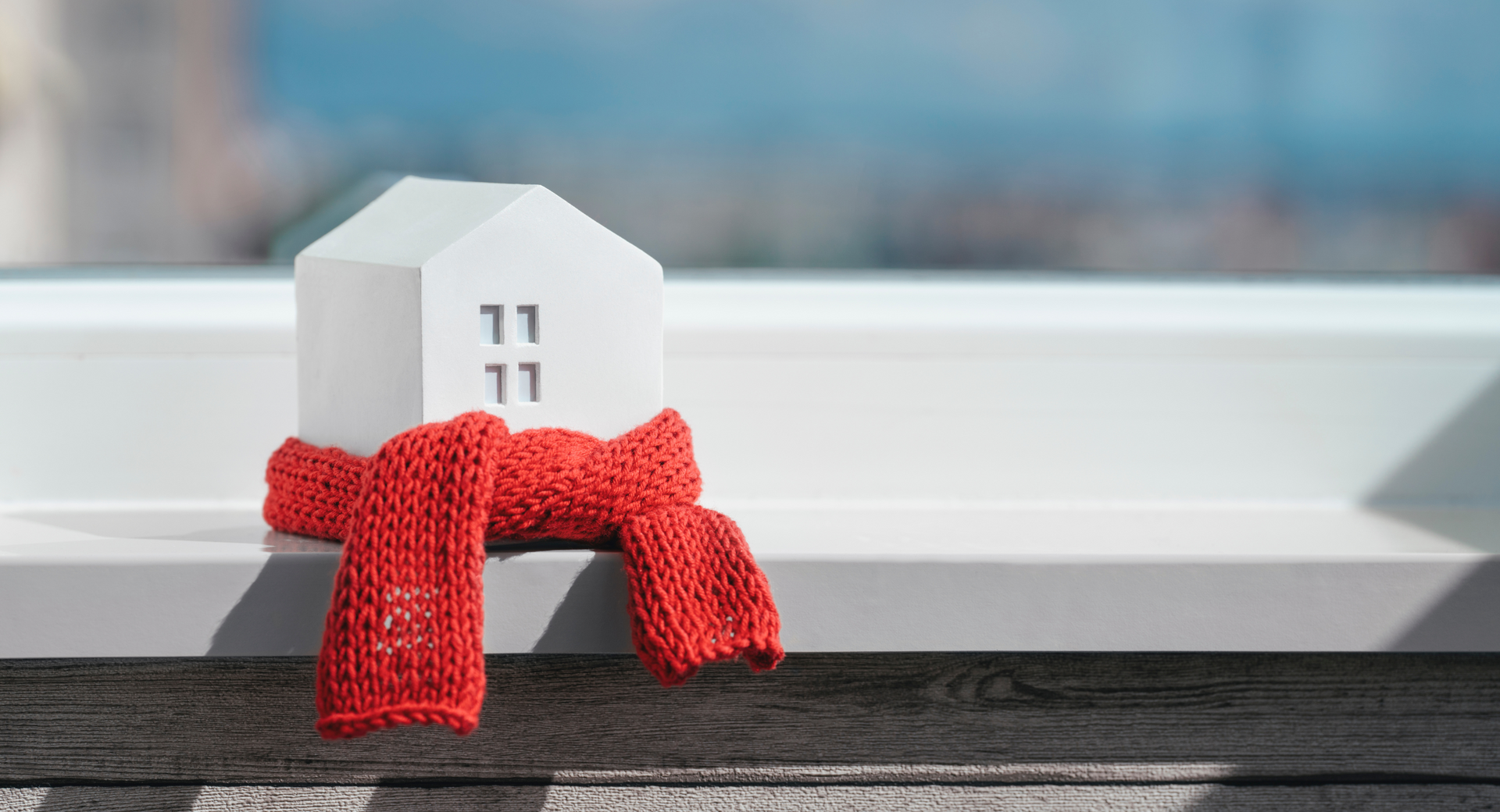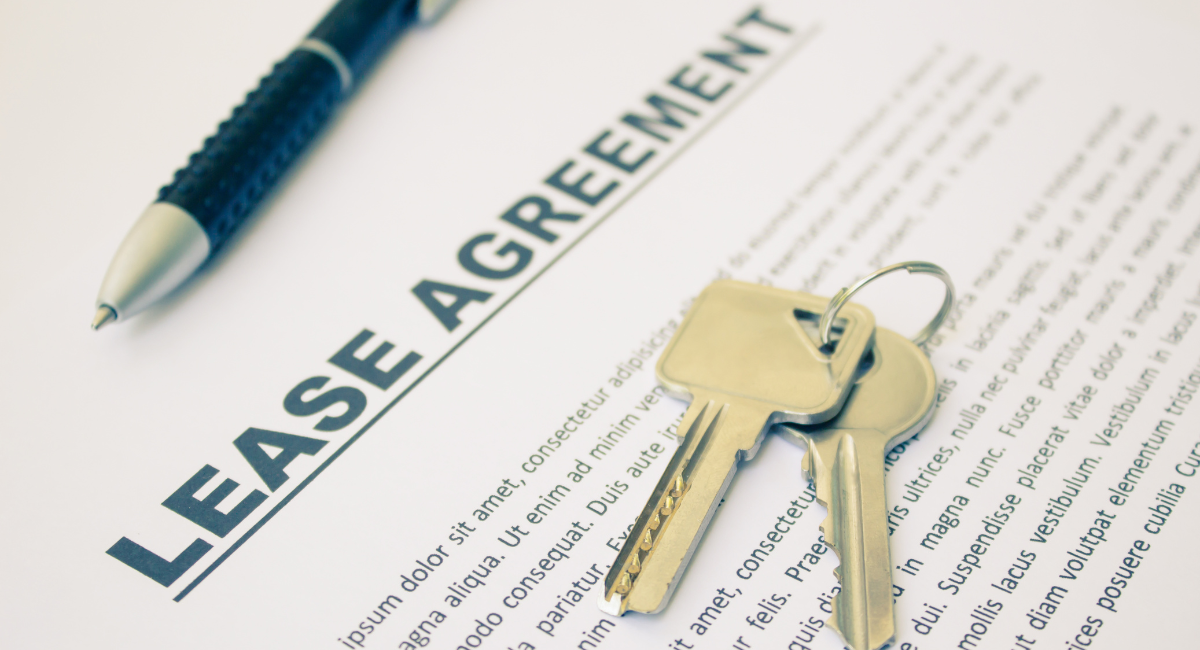Buying your first home is a big decision and a rewarding experience. We are here to support you along the way and make the process as smooth and easy as possible. Here are some tips and steps to help you get into your first home sooner.
1. TALK TO A LENDER
One of the first things you need to do is to sort out your finances and get a pre-approval for a home loan. This will give you an idea of how much you can borrow and what you can afford. Don’t just stick to your usual bank, talk to a mortgage broker who will be able to consider different lenders for you. Mortgage brokers can help you find the best loan for your needs and negotiate better terms and interest rates on your behalf. Better deals and lower interest rates can save you considerable money in the long run. Some lenders may also be able to lend you more than 80% of the property’s value, depending on your situation and the market conditions. This means you may not need a 20% deposit to buy your first home. However, you should be aware of the risks and costs of borrowing more than 80%, such as higher interest rates and fees, and the need for lenders mortgage insurance.
2. KIWISAVER WITHDRAWAL
If you have been a member of a KiwiSaver scheme for at least three years, you may be able to withdraw some or all of your KiwiSaver savings to put towards buying your first home. This can help you boost your deposit and get into your first home faster. However, you should also consider the impact of withdrawing your KiwiSaver funds on your retirement savings and seek financial advice before making this decision. There are some eligibility criteria and conditions that apply, so contact us to find out more.
3. FIRST HOME GRANT
If you are eligible to withdraw your KiwiSaver funds to buy your first home, you may also qualify for a First Home Grant from Kāinga Ora. This is a government initiative that provides a one-off payment of up to $10,000 for a single buyer or up to $20,000 for a couple, depending on the price, location and type of home you are buying. For the majority of people this will be $5,000 for a single buyer and $10,000 for a couple, unless you are buying a new build. The grant can help you with your deposit and reduce the amount you need to borrow. To apply for the grant, you need to meet some income, savings, and property criteria, and you need to live in the home for at least six months. For more information and to apply for a pre-approval, visit the Kāinga Ora website.
4. OPEN HOMES
Once you have your finances sorted and know what you can afford, it’s time to start looking for your dream home. Open homes are a great way to see what’s available in your area and get a feel for the market. You can also use online tools and apps to search for properties that match your criteria and budget. When you go to open homes, be prepared to ask questions and take notes. You may want to check the condition of the property, the size and layout, the neighbourhood, the amenities, and any other features that are important to you. You may also want to talk to the real estate agent and find out more about the property, the seller, and the method of sale. They may have some useful insights or tips that can help you with your decision.
5. TALK TO A LAWYER
When you find a property that you like and want to make an offer, you should talk to a lawyer or a legal executive before you sign anything. They can help you understand the legal aspects of buying a home and advise you on the best way to protect your interests. They can also help you with the paperwork, the due diligence, the settlement, and the transfer of ownership.
We have a team of experienced lawyers and legal executives who can assist you with your first home purchase. Contact us today and we can get started right away.
Ready to begin your journey to home ownership? Download our easy to understand First Home Buyers' Guide to get you started!
Join our Newsletter
Stay tuned
Contact Us
We will get back to you as soon as possible.
Please try again later.



